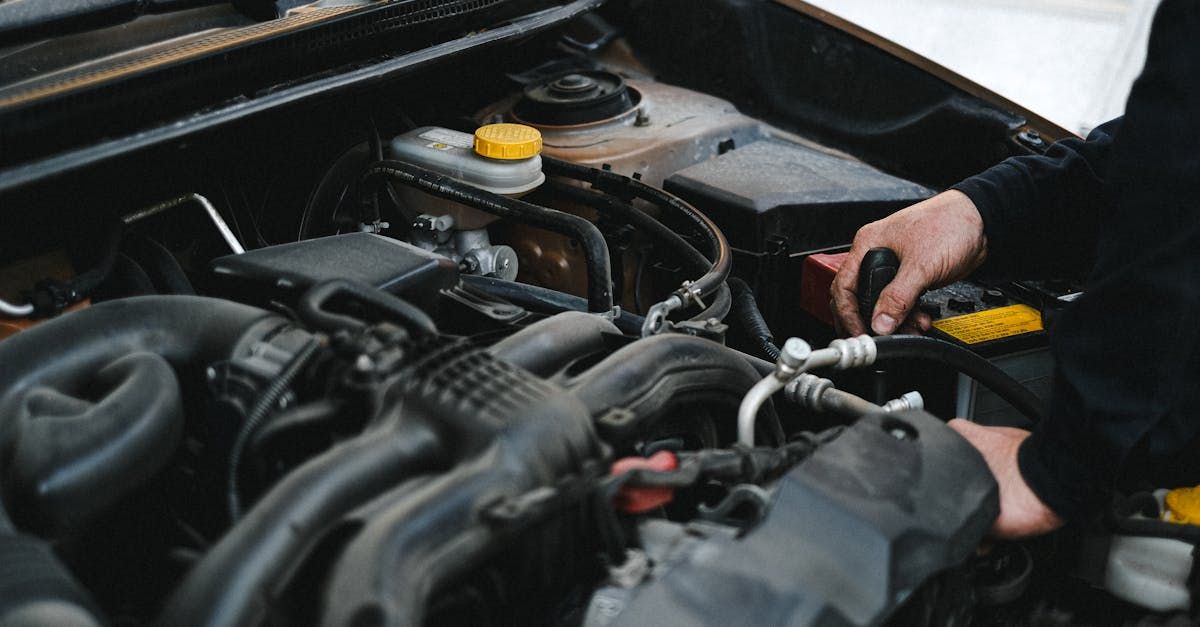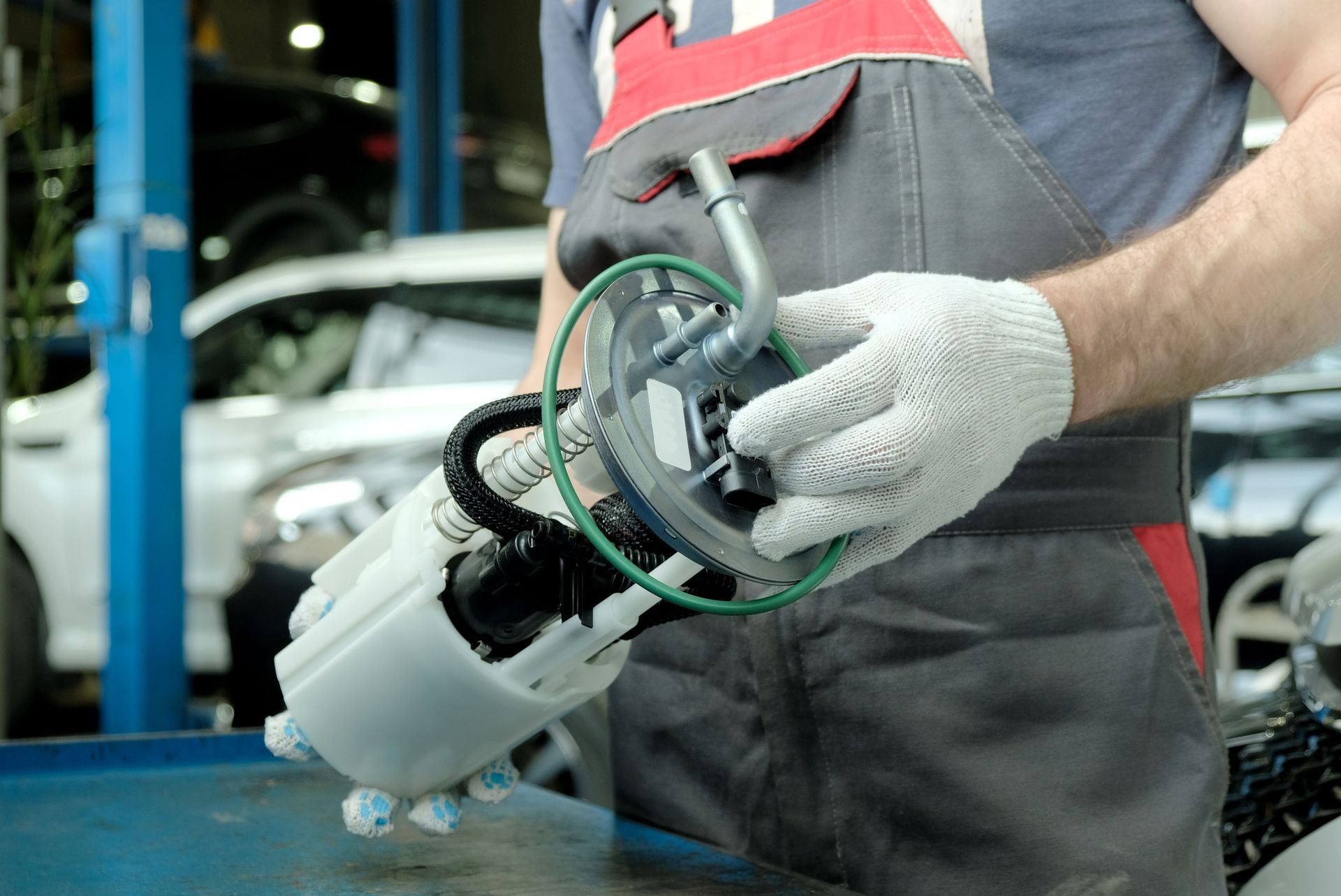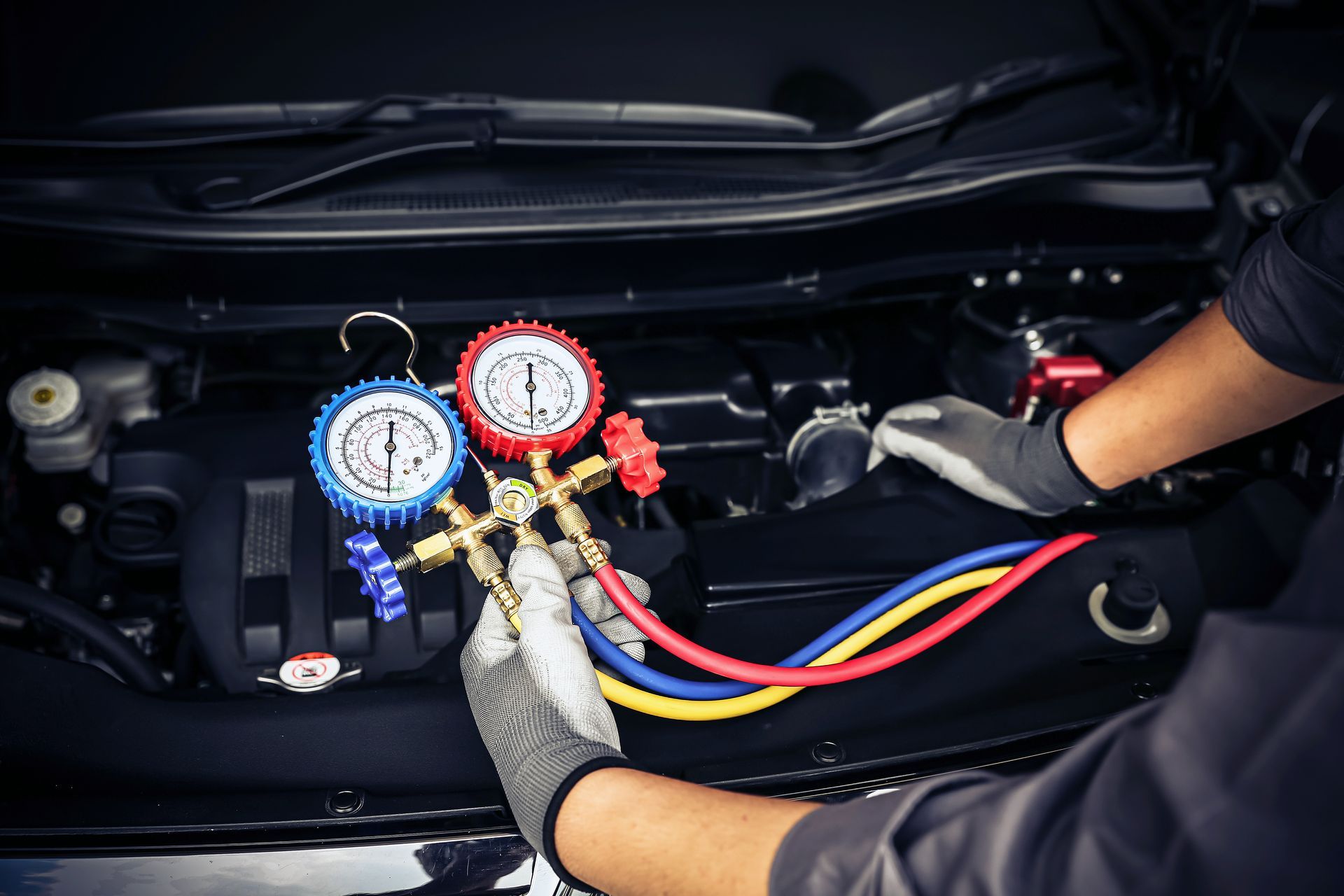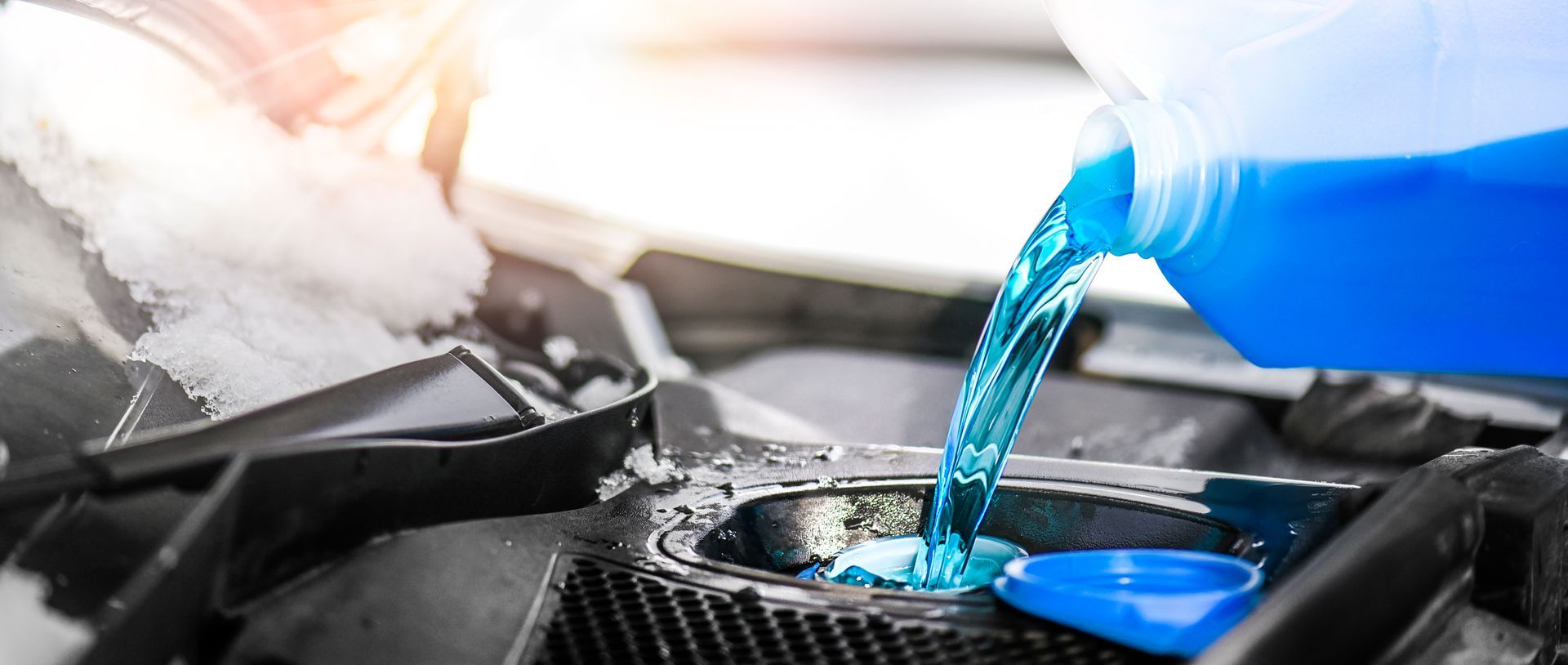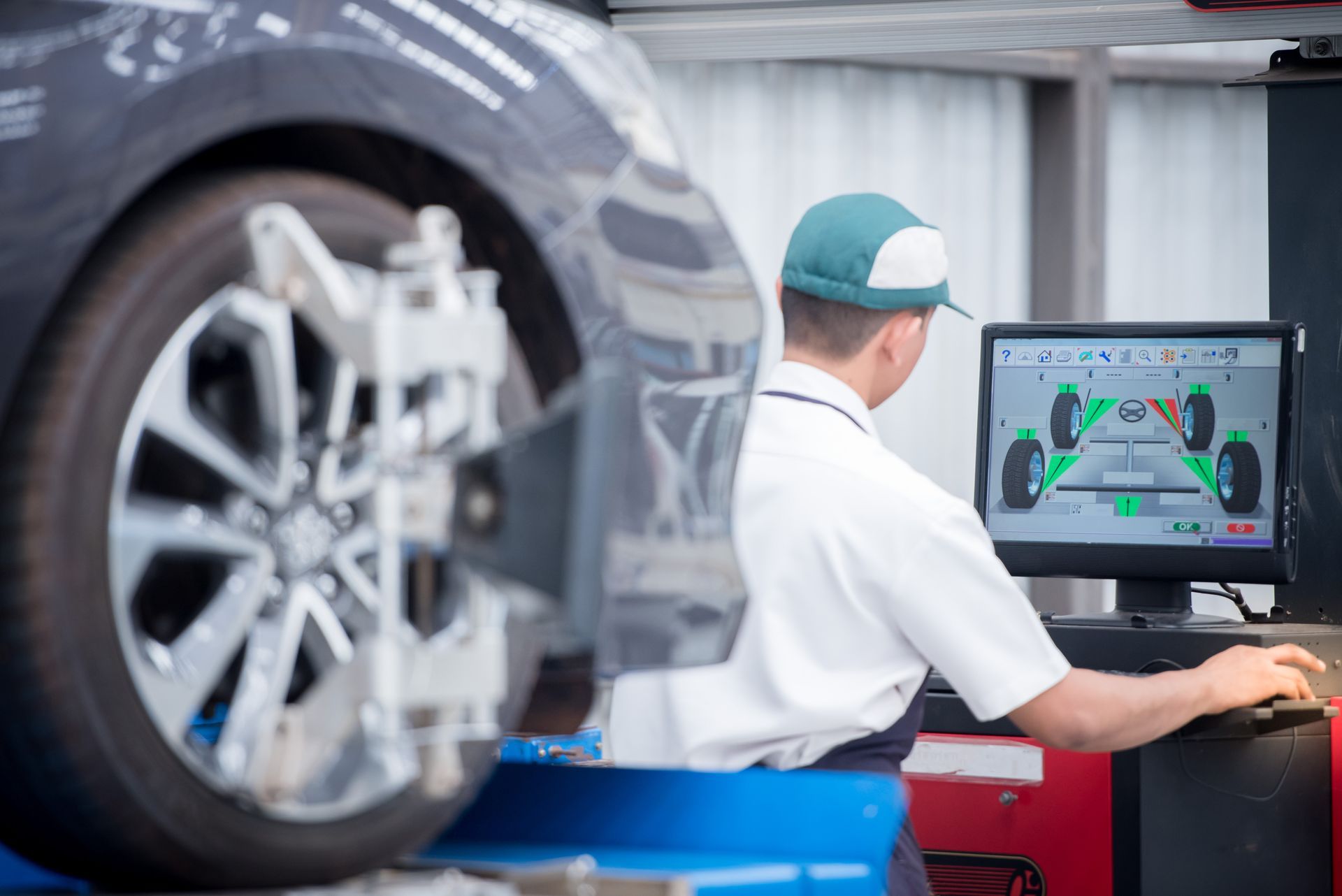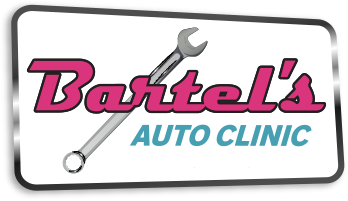At Bartel's Auto Clinic in Metro Chicago, IL, we understand that seeing the check engine light flicker on can be an unsettling experience for any vehicle owner. Not only does it raise questions about your car's immediate condition, but it also leaves many of us wondering about the potential costs and time required for repairs. In this comprehensive guide, we aim to demystify the seemingly mysterious check engine light, empowering you with knowledge and practical advice to handle the situation effectively.
So, what exactly is your check engine light trying to tell you? The check engine light, part of your vehicle's onboard diagnostics system, serves as a warning mechanism. It can be triggered by a myriad of issues ranging from minor to severe. At Bartel's Auto Clinic, our years of expertise in Metro Chicago enable us to offer insights that help you make informed decisions about your car's maintenance and repairs.
Common Causes for the Check Engine Light
The first step to understanding your check engine light is learning the common reasons it might turn on. Here are a few common triggers:
1. Loose Gas Cap: One of the most innocent culprits can be a loose or faulty gas cap. It's crucial because it maintains pressure within your fuel tank, preventing vapors from escaping, which can therefore trigger the check engine light.
2. Oxygen Sensor Failure: The oxygen sensor measures the amount of unburned oxygen in your car’s exhaust system and helps regulate the mixture of air and fuel. A faulty sensor not only affects engine performance but can also lead to higher emissions and reduced fuel economy.
3. Catalytic Converter Issues: The catalytic converter helps reduce harmful emissions. Problems with it can lead to inefficient combustion, increased emissions, or even an overheated engine.
What Should You Do When Your Check Engine Light Comes On?
When that little light illuminates, here's a step-by-step approach we recommend at Bartel's Auto Clinic:
Step 1: Ensure the Gas Cap is Secure: Check for a loose gas cap and ensure it's tightened completely. If your check engine light comes on after a fill-up, this simple fix might address the issue.
Step 2: Check for Noticeable Signs: Pay attention to any unusual sounds, changes in performance, or a visible smoke exhaust. These signs can indicate a more severe issue.
Step 3: Get a Professional Diagnosis: If the light persists, it’s best to schedule a diagnostic with a trusted auto shop like Bartel's Auto Clinic in Metro Chicago. Our diagnostic tools are designed to pinpoint the precise issue, avoiding unnecessary repairs and expenses.
Why Choose Bartel's Auto Clinic for Your Diagnostic Needs?
At Bartel’s Auto Clinic, we pride ourselves on delivering top-notch automotive services to the Metro Chicago community. Here's why we should be your go-to choice for check engine light diagnostics:
Expert Technicians: Our team consists of certified professionals with years of experience diagnosing and repairing vehicles. With deep knowledge, we assure you of efficient and effective solutions.
Advanced Diagnostic Equipment: We utilize state-of-the-art diagnostic equipment, ensuring accuracy in identifying issues and providing tailored solutions for your vehicle.
Customer-Centric Approach: Our emphasis on transparency and communication ensures that we keep you informed every step of the way, so you understand the work being done on your vehicle.
Conclusion
Your vehicle is a significant investment, and staying informed about its health is crucial. Should your check engine light make an appearance, remember that Bartel's Auto Clinic in Metro Chicago is here to help. Our comprehensive diagnostics and repairs are designed to get you back on the road with peace of mind. Don't hesitate to visit us if that foreboding light comes on. We’re here to support you with expert advice and service. Keep your engine running smoothly with Bartel's Auto Clinic!
